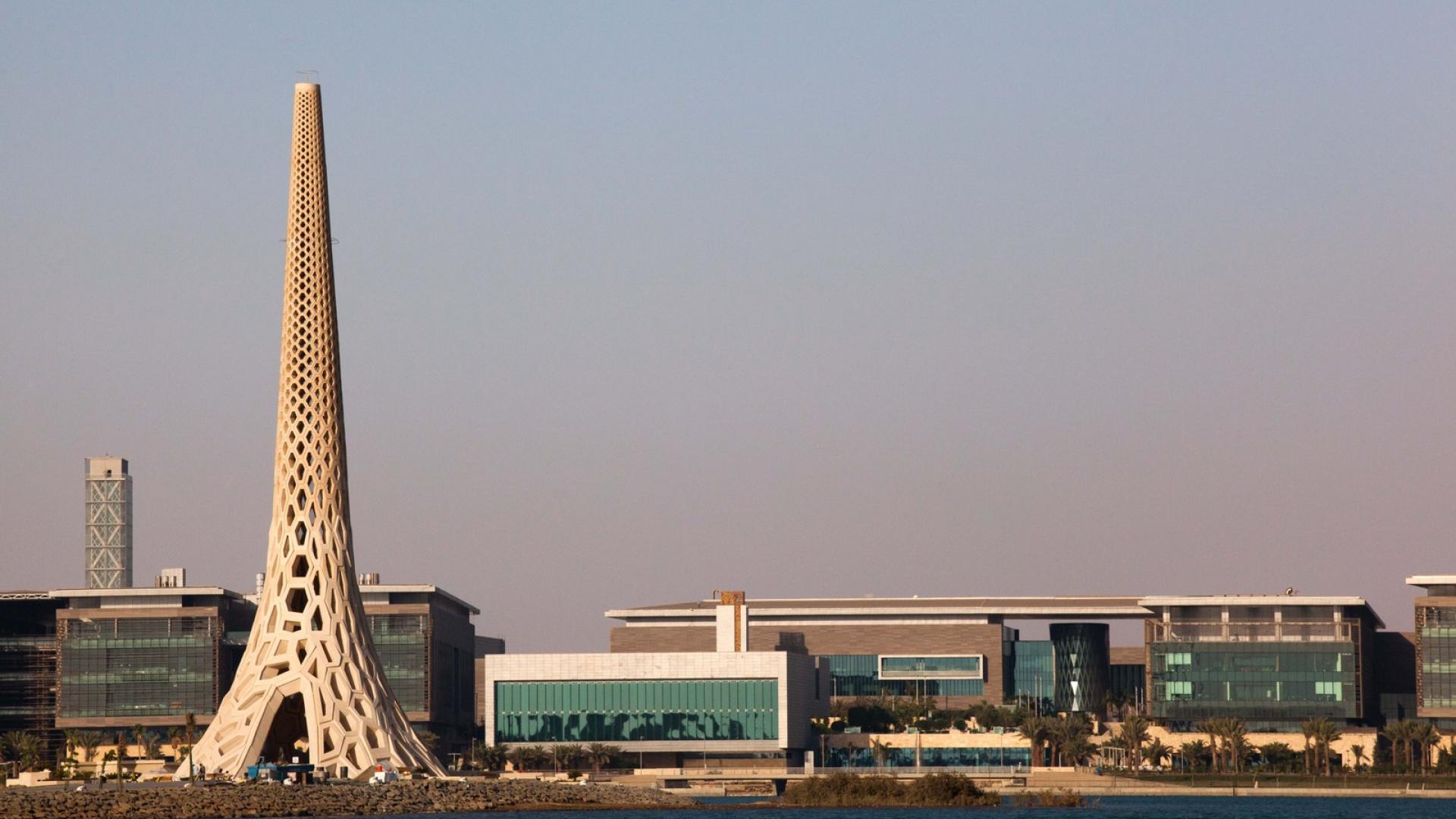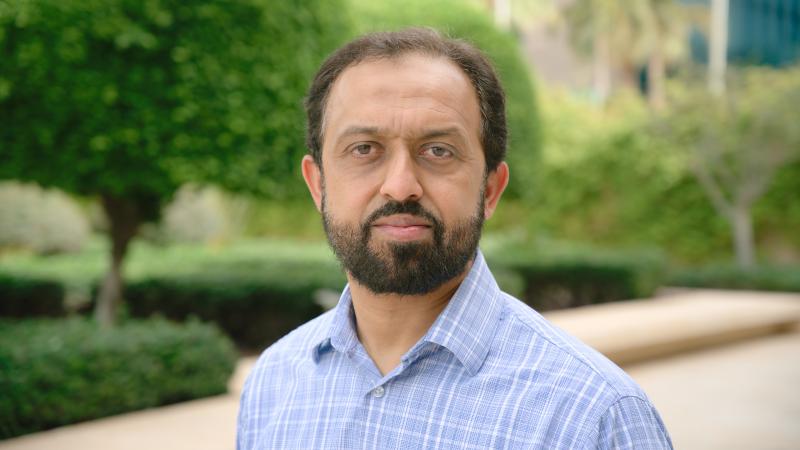Dr. Atif Shamim hosted a workshop titled Miniaturized, Flexible and Green Electronics for Sensing and Communication Systems as part of the winter enrichment program (WEP 2012) at KAUST. Two distinguished professors, Dr. Manos Tentzeris and Dr. Madhavan Swaminathan from Georgia Institute of Technology shared the latest research and trends with a large audience.
Workshop description
The social impact of innovations in electronics is undisputed. It has brought convenience into our day-to-day lives in the form of wireless communication through smartphones, navigation by GPS, information sharing through wireless sensor networks and safety by automotive radars, The next in the line is intelligent wearable sensing and wireless communication devices. The demand for increasingly higher rates of data, voice and video transmission, together with the miniaturization of portable and wireless technologies, has driven the need for high-performance solutions that are low cost as well.
The focus of this event is to address miniaturization concepts for power-efficient sensing and wireless communication systems in low cost and environmentally friendly ("green") mediums. Concepts such as inkjet-printed flexible antennas, RF electronics and sensors fabricated on paper and other polymer e.g. Liquid Crystal Polymer (LCP) substrates will be introduced as a system-level solution for ultra-low-cost mass production of UHF Radio Frequency Identification (RFID) Tags and Wireless Sensor Nodes (WSN) in an approach that could be easily extended to other microwave and wireless applications. Examples of the state-of-the-art fully integrated wireless sensor modules on paper or flexible LCP will be shown.

